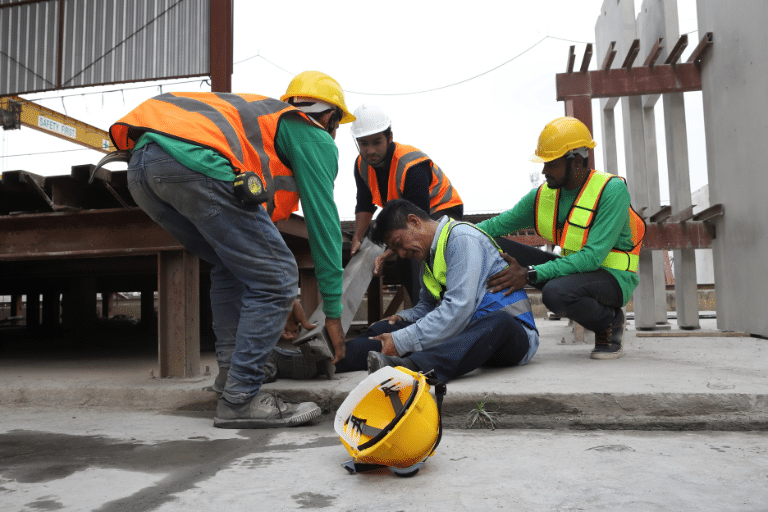Are you suffering from a work-related back injury but uncertain about your workers’ compensation rights? You’re not alone. Back injuries account for nearly 20% of all workplace injuries, leaving thousands of Ohio workers in pain and unable to perform their jobs.
Understanding when your back injury qualifies for benefits—and when it might be denied—can make all the difference in getting the compensation you deserve.
What Types of Back Injuries Qualify for Workers’ Compensation?
Not all back pain leads to approved claims. Ohio’s workers’ compensation system specifically requires that your injury arise from your employment. Here’s what typically qualifies:
- Sudden Traumatic Injuries. Back injuries from specific workplace accidents—like falls, lifting heavy objects, or being struck by equipment—generally qualify for workers’ compensation. These acute injuries have a clear cause-and-effect relationship that’s easier to document and prove.
- Repetitive Stress Injuries. Back injuries that develop gradually from repetitive motions, awkward postures, or constant strain can also qualify. However, these claims face greater scrutiny because employers often argue these conditions developed outside of work. Documentation is crucial in these cases.
- Pre-existing Conditions Made Worse by Work. If you had a previous back problem that your job substantially aggravated, you may still qualify for benefits. Ohio law recognizes workplace aggravation of pre-existing conditions, but you’ll need clear medical evidence showing your job specifically worsened your condition.
- Herniated Discs and Spinal Injuries. More serious back injuries like herniated discs, fractured vertebrae, or spinal cord damage typically qualify when they occur at work or result from work activities. These injuries often require extensive medical treatment and longer recovery periods.
- Back Pain with Objective Medical Findings. Claims based on medical evidence like MRIs, X-rays, or other diagnostic tests showing specific damage are more likely to be approved than those based solely on reports of pain without documented medical findings.
- Back Injuries Requiring Medical Intervention. Injuries serious enough to require medical treatment, prescription medications, physical therapy, or surgery stand a better chance of approval than minor strains that resolve with rest.
Why Back Injury Claims Get Denied
Despite qualifying injuries, workers’ compensation claims for back problems are frequently denied. Common reasons include delayed reporting, insufficient medical documentation, failing to follow treatment plans, or employers challenging whether the injury is truly work-related. Regardless of the circumstances, back injuries can be life-altering, leaving you unable to work while medical bills pile up.
Don’t risk handling your workers’ compensation claim alone. The system favors employers and insurance companies who regularly navigate its complexities. The Law Offices of Tim Misny can help ensure your back injury claim receives the attention it deserves.
When the system tries to deny you the benefits you’re entitled to after a workplace injury, I’ll Make Them Pay!® Call my office at (877) 944-4373 so I can evaluate your case right away.








